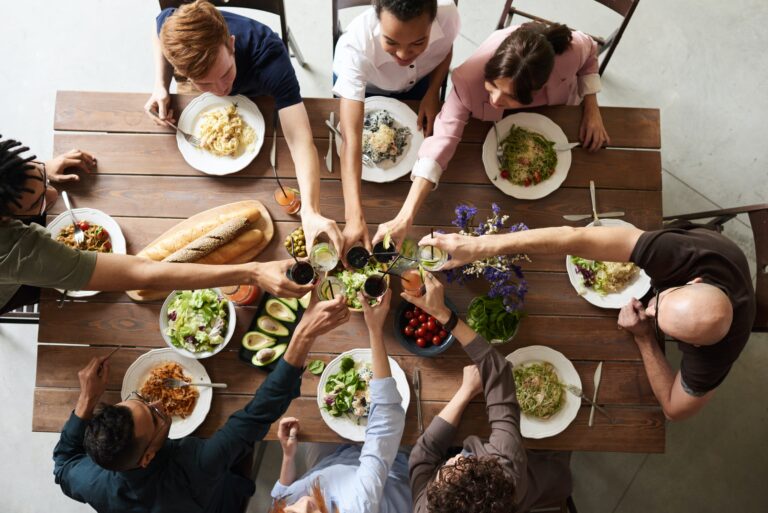Last week Australians received the happy news that the restrictions imposed to fight the spread of COVID-19 were being eased. Small pleasures previously taken for granted, such as sitting for a coffee, having friends around for a chat and relaxing in the sun were a possibility again.
While there is reason to celebrate, we are reminded every day that life is unlikely to ever fully return to normal. The novel Coronavirus has caused disruption, confusion, fear and a global change that, like after 9/11 and the GFC (perhaps in an even bigger way), we will have to learn to adjust to. With the pandemic far from over, it is difficult to know exactly what this new normal will look like and therefore, can be challenging to prepare for.
While it is impossible to know what the future holds, teaching ourselves to become comfortable with uncertainty and building resilience (advancing despite adversity) ensures we are better able to adapt to whatever challenges come our way. The practice of gratitude is one of the foundational concepts in resiliency.
When things are good, practicing gratitude allows us to celebrate and amplify the positive feelings and successes. But when life gets hard, gratitude has the power to help us get through the tough times. Being grateful highlights the things and people you have in your life, instead of the things you don’t have. When you aren’t thinking about what you’re losing, your brain is less likely to feel in a state of threat and you’ll be more positive, focused and able to tackle challenges that come your way.
The Exponential Power of Gratitude
“The practice of gratitude increases your dopamine production which encourages your brain to seek our more of the same. It’s the brain saying, “Oh, do that again” which means the more you are grateful for, the more you will find to be grateful for.”
Carrie D Clarke.
The funny thing about gratitude is that it is both a virtue and a skill. Intentionally showing and experiencing gratitude can alter brain chemistry and can change the molecular structure of the brain, which in turn, can change behaviour. Practicing gratitude not only influences how you see the world, but how you experience it and affect it. This makes gratitude extraordinarily powerful.
Being grateful has been proven to boost serotonin (the feel-good hormone) and dopamine (the motivator) which activate the parts of the brain responsible for stress response, behavioural regulation and resilience. The result of gratefulness is a mind that works better, is more capable and more creative.
Gratitude Changes Behaviour
An open and optimistic mind can achieve great things! In studies, participants who kept gratitude journals not only felt positive and happy but also acted it too, engaging in more exercise and healthy eating than those who did not.
A grateful mindset has also been shown to encourage help-seeking behaviour says psychologist Dr Lillian Nejad. “Grateful people are more likely to seek support, utilise the resources available to them and approach problems directly and with a positive outlook. They also try to find the potential for learning and growth.”
Gratitude Strengthens Relationships
Being grateful has wide-reaching implications for the individual but there is a growing body of evidence that proves it can also help us initiate, maintain and strengthen our relationships with others. Expressing gratitude to another person can trigger a chain reaction of good deeds, which reinforces feelings of appreciation. A recent study discovered that those who gave thank-you notes to colleagues who they have not been previously acquainted with, developed a stronger bond.
Gratitude is Contagious
The most powerful thing about expressing gratitude is how it influences the behaviour (and minds!) of others. Giving thanks not only improves the receiver’s levels of self-worth, but also results in a flow-on effect – a cycle of gratitude so-to-speak. A person who is recognised for their efforts will feel more positive overall and is more likely to recognise the efforts of others.
NEW Corporate Edge Program: Emotional Resilience
Expressing gratitude is a simple practice you can do to build your own resilience during this time. The Emotional Resilience Program is the newest addition to Corporate Edge’s suite of products.
Specifically tailored to be delivered remotely and in a webinar format, this program dives into the specific challenges we all are facing during the COVID-19 pandemic.
Providing your teams with strategies and support to build their resilience which has never been more important than right now. Please contact our friendly team at hello@corporate-edge.com.au if you are keen to know more.




